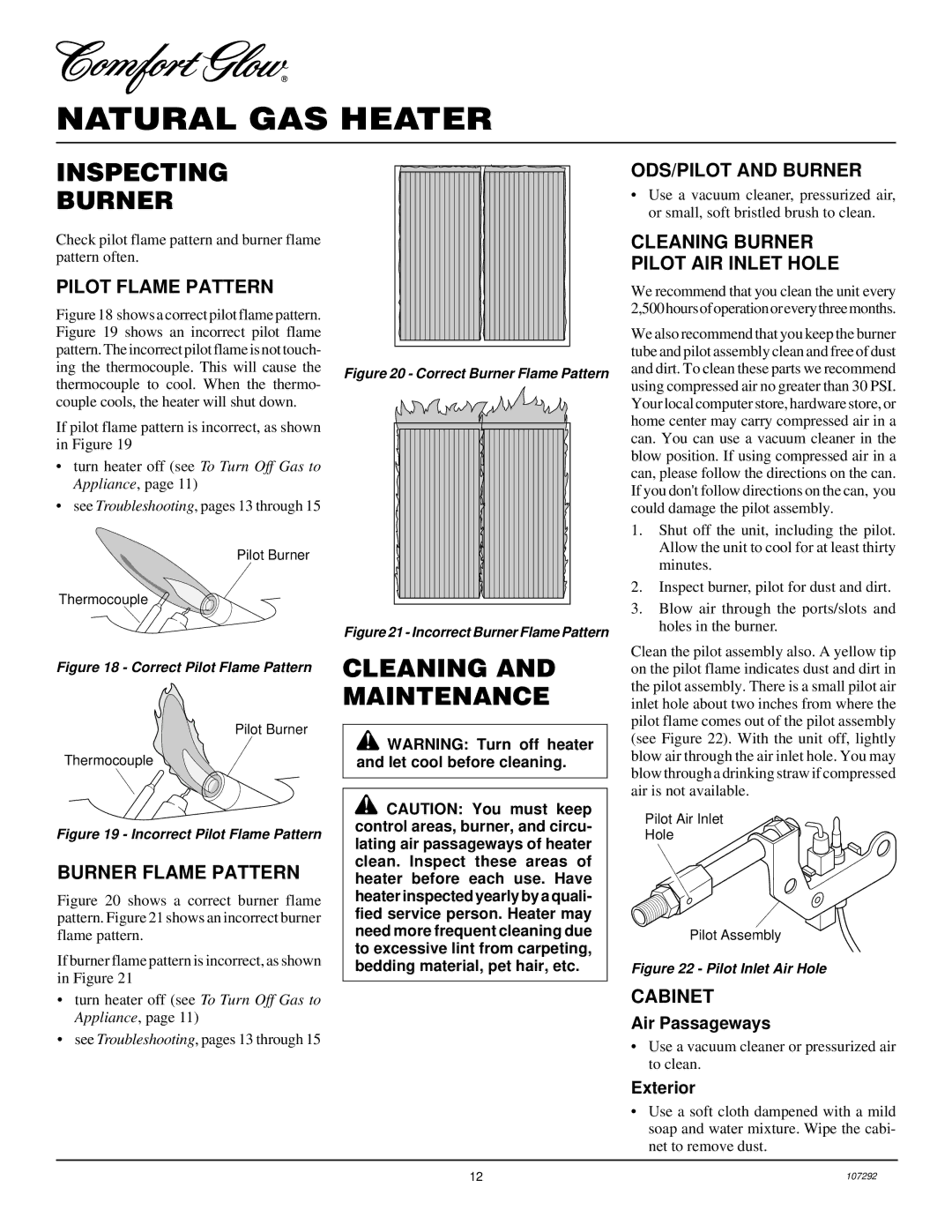CGR2N specifications
Desa CGR2N is an innovative village concept designed to embrace modern living while preserving a sense of community and sustainability. This development integrates advanced technologies and green practices to create a holistic living experience for its residents. The central philosophy of Desa CGR2N is to foster interconnectedness among residents while providing access to essential amenities and services.One of the main features of Desa CGR2N is its focus on smart homes. Each residence is equipped with state-of-the-art smart technology that enhances both security and convenience. Home automation systems allow residents to control lighting, heating, and security features through their smartphones, contributing to energy efficiency and enhanced safety. Furthermore, the integration of IoT devices supports real-time data collection, enabling residents to monitor and manage their energy consumption.
In addition to smart homes, Desa CGR2N incorporates renewable energy solutions, such as solar panels and wind turbines. These technologies significantly reduce the carbon footprint of the village, aligning with global sustainability goals. The development also encourages the use of electric vehicles, providing charging stations and infrastructure to support a shift towards greener transportation.
Community spaces are a vital aspect of Desa CGR2N, designed to promote social interaction and collaboration among residents. Parks, sports facilities, and communal gardens are strategically placed throughout the village, fostering a strong sense of belonging. The village layout prioritizes walkability and accessibility, ensuring that essential services, such as schools, healthcare centers, and shopping areas, are within easy reach.
Furthermore, Desa CGR2N emphasizes local food production through urban farming initiatives. Residents can participate in community gardens, which not only provide fresh produce but also educate individuals about sustainable agriculture practices. This focus on self-sufficiency further strengthens the community's resilience against external disruptions.
Overall, Desa CGR2N represents a forward-thinking approach to modern living, combining technology, sustainability, and community engagement. By prioritizing smart home features, renewable energy, and communal spaces, this village creates an environment where residents can thrive both individually and collectively. As urbanization continues to rise, developments like Desa CGR2N may serve as a blueprint for future living spaces that harmonize innovation with a deep sense of community.

